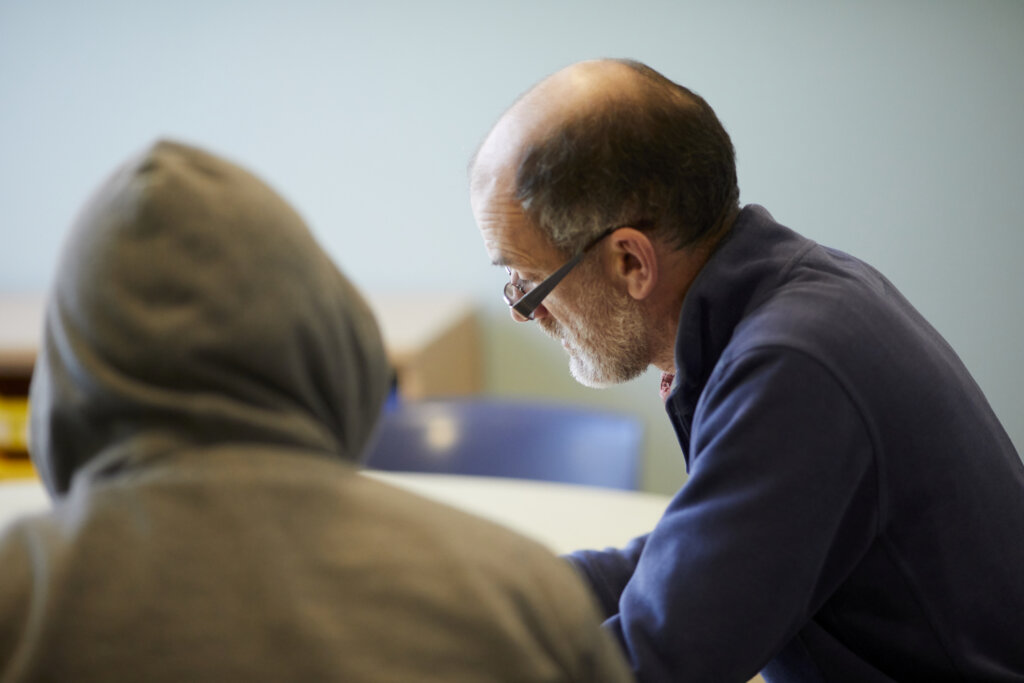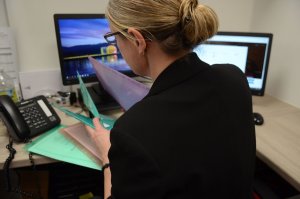“Designated safeguarding leads perform vital functions in schools, but have to bear huge burdens associated with them. It’s time to prioritise their wellbeing”
Emma Davis, 9th November 2019.
It was great to see this article in the TES on the 9th of this month, bringing further attention to the developing discourse on teacher mental health and emotional wellbeing. As a dynamic clinical service, Emotional and Trauma Support (ETS) already offer this kind of high level support for key city council workers, dealing with complex cases involving the safeguarding, mental health and emotional wellbeing of vulnerable young people.
Within this sector of work, there is a high incidence of developmental and relational trauma that has been experienced, resulting in some particularly challenging casework for those who support these individuals. The impact of this trauma on the staff who work with it can need specialised, clinical attention in order to ensure a resilient and robust workforce. Within the city council Youth Justice and Education Welfare and Safeguarding teams, we provide evidence based, creative methods of support and supervision for staff working with these high level cases because – sometimes – words alone do not suffice.
The origins of early developmental trauma often can be traced to a time before language formation within the human brain. In order to facilitate work with this complex feature of early psychological difficulty, interventions should instinctively make use of relationality and sensory feedback. Non-verbal activities – use of the body, movement, sound, sight, smell and textures are vital aspects of the creative modalities of Art Therapy, Music Therapy and Dramatherapy, which make use of all of these innate characteristics alongside their consideration of the central relationships present within the sessions.
By taking Health Care Professions Council (HCPC) regulated Art Psychotherapies into clinical supervision with staff teams, who are working with trauma day to day, new ways of effectively engaging with challenges may be discovered. Effective solutions to seemingly unmanageable problems can be reached through the instinctive capacity which exists within all people to problem-solve creatively. ETS Arts Therapists are highly trained, fully supervised and supported by the multidisciplinary team, meaning that they are ideally placed to deliver quality clinical supervision for safeguarding and pastoral teams in schools, resulting in better wellbeing outcomes for those in these highly demanding and stressful roles.
References:
See full Tes article here.
For more information on these services, you can contact our Creative Psychotherapy in Education team, Safeguarding team, or Educational Psychology team on 0161 276 0160.
















